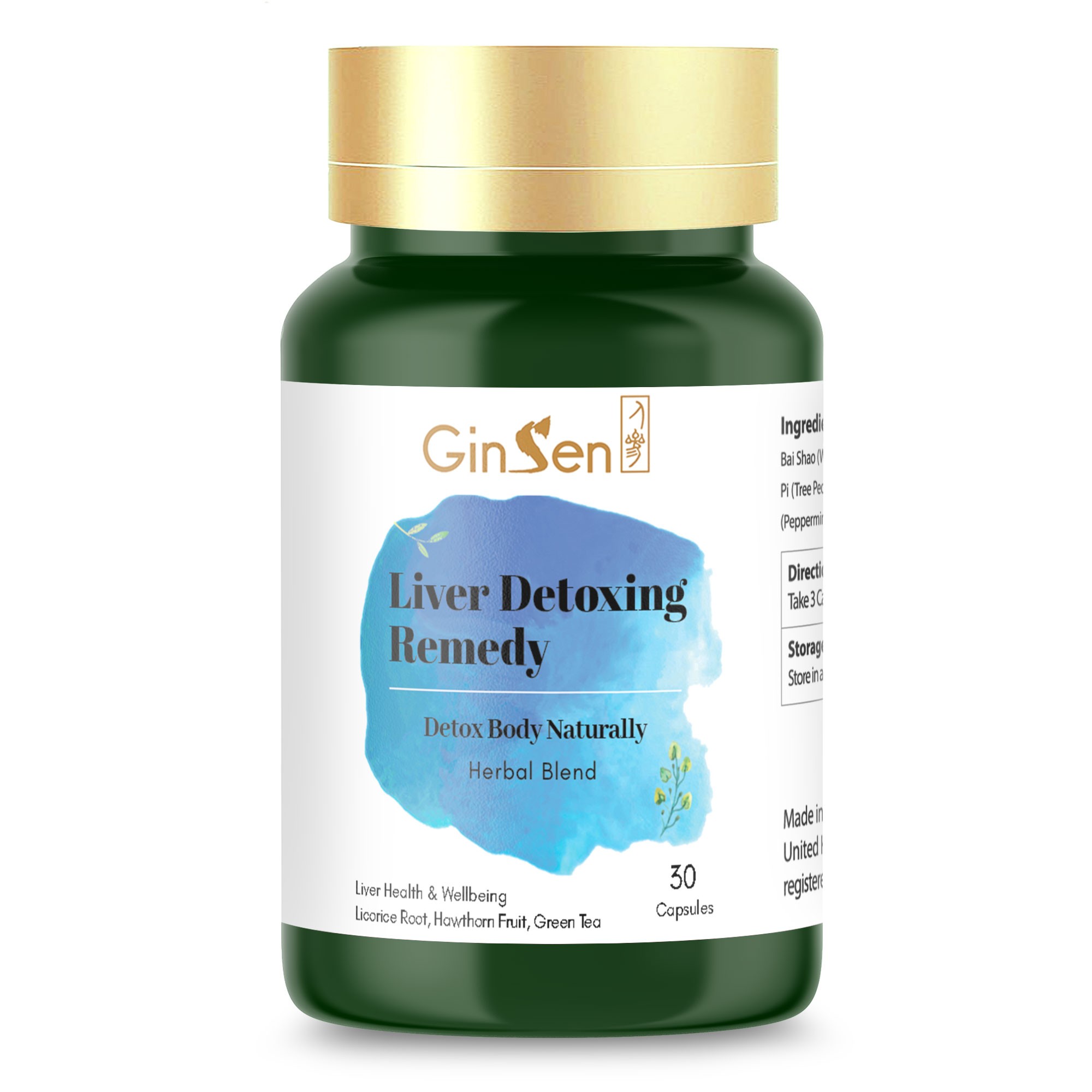
Thyroid And Infertility : How To Get Pregnant With Thyroid Problems
Bringing a new life into the world is a profound desire shared by many couples, yet for some, the journey towards parenthood can be fraught with challenges. Infertility, a complex and often emotionally taxing condition, affects millions worldwide, presenting hurdles that can seem insurmountable. Amidst the myriad factors contributing to infertility, one often overlooked yet crucial element is the health of the thyroid.
What is the thyroid ?
The thyroid, a small butterfly-shaped gland located in the neck, plays a pivotal role in regulating metabolism, energy levels, and crucially, reproductive function. Dysfunction of the thyroid gland, whether through hypothyroidism (underactive thyroid) or hyperthyroidism (overactive thyroid), can significantly impact fertility, making conception difficult or even unattainable.
In fact, according to the evidence, persistent, untreated hypothyroidism (low thyroid hormone levels) leads to an estimated 60% risk of fetal loss. Even if the child does survive, there is a further risk of stunted intrauterine growth and mild deficits in brain development.
So, what’s the connection between the thyroid and infertility? And how do hypothyroidism and hyperthyroidism affect fertility levels? And, how can Chinese Medicine help with thyroid and infertility? Let’s find out.

Why is Thyroid Health So Important For Fertility?
Thyroid and infertility are closely related. But why? Thyroid health is important for fertility due to its pivotal role in regulating various physiological processes essential for conception and maintaining a healthy pregnancy. Here are several reasons why thyroid health is crucial for fertility:

5 Factors That Can Affect the Thyroid Health: A Chinese Medicine Perspective
Here’s the thing: Chinese medicine has long associated thyroid function with fertility. Indeed, hypothyroidism is often associated with so-called “patterns of disharmony.” These patterns refer to a disruption of the normal bodily system. Below, we explore 5 fundamental factors causing and influencing the thyroid gland – and, in turn, causing infertility issues.
Emotional Stress
Emotional stress isn’t a traditional pattern of disharmony. However, as anyone can attest, long-term stress caused by emotional turmoil takes its toll on the body. It is believed to disrupt the flow of Qi and create imbalances within the body, including the thyroid gland.
But that’s not all – chronic emotional stress also weakens the kidneys, which are closely linked to thyroid health. Together, the patterns of Qi stagnation, emotional stress, and weakening kidneys combined to cause thyroid and infertility issues.
01
Liver Qi Stagnation
The Liver is underestimated in its importance. In Traditional Chinese Medicine (TCM), the Liver maintains a free flow circulation of Qi and Blood through the body. Indeed, blood flows directly from the gut to the liver, filtering out any toxins and ensuring purity,
Emotional disturbances, including frustration, anger, or suppressed feelings, can interrupt this balance, leading to Liver Qi Stagnation. This condition can influence other bodily functions, notably impacting thyroid health and fertility, by disrupting the body’s energetic equilibrium.
02
Liver Qi stagnation typically arises from emotional stress, especially when feelings like frustration and anger are prevalent, or emotions are bottled up. Diet and lifestyle choices also play a significant role; the consumption of greasy or spicy foods, along with erratic eating habits, can exacerbate this stagnation, further affecting the liver’s ability to regulate energy flow effectively.
So, how do you identify Liver Qi stagnation? Look for these symptoms:
- Irritability/ Mood Swings
- Abdominal discomfort
- Headaches
- Menstrual irregularities or pain
Blood Deficiency
Blood deficiency, on the other hand, is commonly caused by insufficient nourishment and circulation throughout the body. Such a deficiency has several potential underlying factors, including chronic illness, blood loss (e.g., from excessive menstrual bleeding), overwork, or insufficient rest.
03
In some ways, blood deficiency is akin to a medical diagnosis of anaemia. Indeed, the symptom profile is highly similar:
- Pale complexion
- Dizziness/ Fatigue
- Blurred vision/ Palpitations
- Scanty or irregular menstruation
- Dry skin and hair, brittle nails
Blood deficiency reduces the oxygen and nutrient supply to vital organs, including the thyroid gland. Without the building blocks to produce thyroid hormone, fertility plummets. Meanwhile, the deficiency itself also affects the uterus directly, preventing successful implantation.
Essence Deficiency
Kidney essence deficiency (or, more specifically, a yang deficiency) is a major cause of hypothyroidism and fertility problems. In TCM, the kidneys are the root of vitality and reproductive health, storing Jing (essence), which nourishes the entire body.
Factors such as ageing, overwork, excessive sexual activity, and chronic illness deplete Kidney Essence, eventually leading to a Kidney Ying or Yang Deficiency. Such kidney problems present with:
- Fatigue
- Low back pain or weakness, dizziness
- Tinnitus (ringing in the ears)
- Frequent urination
- Irregular menstruation or amenorrhea
However, the most relevant symptoms for people trying to conceive are infertility and irregular menstruation or amenorrhea. Only by correcting the deficiency can normal thyroid and fertility function return.
04
Dampness and Phlegm Accumulation
05
TCM doesn’t solely rely on internal imbalances. Exterior cold invading the interior is also a major concern for thyroid function. External pathogens such as wind, cold, dampness, and heat can invade the body and disrupt the delicate balance of Yin and Yang energies.
For example, prolonged exposure to cold and damp environments or eating cold and raw food can weaken the Spleen and Kidneys. This, in turn, affects the thyroid and fertility function – leading to a pattern of cold-damp or damp-heat.
Common symptoms of dampness include:
- Bloating, poor appetite
- Greasy tongue coating
- Excessive mucus production
- Brain fog

Recommended Supplements:
Liver detoxing Remedy
GinSen’s Liver detoxing Remedy supplements work on getting to the root cause of Liver imbalance. Liver detox Remedy are expertly formulated supplements that can be incorporated in your daily routine. They help with detoxing heat, smooth Liver Qi, cooling internal heat and hormonise internal body system, helping vital Qi movement.

How Can Chinese Medicine Help Thyroid and Infertility
The are three primary treatment options for thyroid and infertility issues: acupuncture and moxibustion.
1. Acupuncture involves inserting fine needles into specific points in the body that contain meridians through which Qi flows.
Acupuncture can help regulate thyroid function by stimulating the flow of Qi (vital energy) and balancing Yin and Yang energies within the body. Chronic stress can have a negative impact on thyroid health and fertility by disrupting hormone balance and increasing inflammation in the body. Acupuncture has been shown to reduce stress hormones such as cortisol and promote relaxation by activating the parasympathetic nervous system. Acupuncture can help enhance reproductive function by improving blood flow to the reproductive organs, regulating menstrual cycles, and balancing reproductive hormones.
In a 2018 review, 29 clinical projects were analysed to see how effective acupuncture was against hyperthyroidism, hypothyroidism, and other related conditions. The result? Findings indicated a complete improvement in symptoms and biomarkers in acupuncture patients.
One case study also confirmed these findings. A 24-year-old female with Hashimoto’s hypothyroidism saw her TSH and T4 levels normalise after 3 years of acupuncture treatments.
2. Moxibustion, on the other hand, involves the burning of moxa, a small, spongy herb from dried mugwort. Often, the technique is used in conjunction with acupuncture. According to one analysis, 71 cases of Hashimoto’s thyroiditis were successfully treated with moxibustion – reducing thyroid antibodies and restoring normal thyroid function.
These results indicate that both acupuncture and moxibustion can help resolve thyroid dysfunction. So, if you’re struggling with thyroid problems and infertility, consider trying these options.

Pure Moxa Sticks
These pure moxa sticks are effective and safe to use at home. Moxibustion is a Traditional Chinese Medicine treatment used for warm up the meridians and dispelling coldness. Offering an abundance of health benefits.
3. Diet and Lifestyle changes
Poor dietary habits, such as excessive consumption of greasy or processed foods, can contribute to dampness and phlegm accumulation in the body, according to Chinese medicine principles. These dampness and phlegm factors can obstruct the flow of Qi and Blood to the thyroid gland, impairing its function and impacting fertility.
- Emphasise Yin-Nourishing Foods:
Include foods that nourish Yin energy, such as leafy greens, seaweed, cucumber, tofu, mung beans, and fruits like watermelon and berries. These foods help to nourish Yin fluids, which are essential for thyroid function and reproductive health.
- Avoid Excessive Yang-Inducing Foods:
Limit consumption of foods that induce excessive Yang energy, such as spicy foods, caffeine, alcohol, and overly processed or fried foods. These foods can generate internal heat, which may exacerbate thyroid imbalances and disrupt fertility.
- Consume Warm and Nourishing Soups:
Soups made with nourishing ingredients like bone broth, root vegetables, and medicinal herbs can support overall health, nourish Yin energy, and promote thyroid function. Incorporate warming spices like ginger and cinnamon for added benefit.
- Prioritise Adequate Sleep and Rest:
Ensure you get sufficient sleep and rest each night to support overall health and hormone balance. Aim for 7-9 hours of quality sleep per night and incorporate relaxation techniques before bedtime to promote restful sleep.

Consult with a licensed acupuncturist or Chinese medicine practitioner for personalised dietary and lifestyle recommendations tailored to your specific constitution and health concerns. They can provide individualised guidance and support to address thyroid health and infertility from a holistic perspective.
For more information about how Chinese Medicine can help you with thyroid and infertility, book your free consultation with our Chinese Medicine experts today
* These statements have not been evaluated by the Food and Drug Administration. This information is not intended to diagnose, treat, cure, or prevent any disease. We can’t guarantee the treatment result, as the symptoms of conditions are unpredictable and vary greatly from person to person. The treatment length and recovery time also varies for individual. Please visit our clinics website: GinSen where a specialists will discuss your care and provide a consultation, and the treatment will be designed to meet your individual needs.





